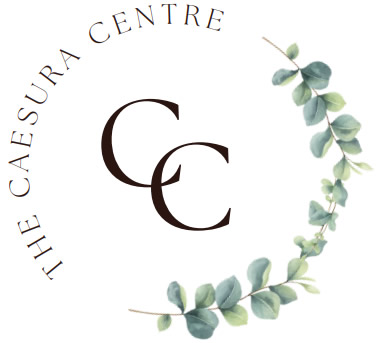Love, as we have previously mentioned, is a fundamental human emotion. It has the positive power to uplift, inspire, and create deep connections. It can, however, lead to a dark place.
Love addiction is a phenomenon where individuals become obsessively preoccupied with romantic relationships. This can manifest and is often to the detriment of the individual – highlighting intricate interplay of psychology, emotions, and behaviour.

Understanding Love Addiction
Love addiction isn’t merely an intense form of infatuation and being very ‘into’ somebody’. It is a pattern of behaviour, often characterised by an unhealthy obsession with romantic relationships. It can lead individuals to constantly seek out new partners, struggle with dependency, and experience intense emotional highs and lows.
How does love turn into an addiction?
Attachment Theory: Love addiction is often rooted in attachment patterns developed in childhood. Those who experienced inconsistent or insecure attachments with their caregivers, might seek constant reassurance and validation from romantic partners. Thus perpetuating a cycle of craving attention and affection.
Neurochemistry: Love addiction can trigger the brain’s reward system, releasing dopamine and other neurotransmitters associated with pleasure. This biochemical response can lead to a cycle of seeking out love to experience that euphoria repeatedly.
Self-Esteem and Identity: Individuals with low self-esteem might use love and relationships as a way to validate their worth. The love addict may feel a temporary boost in self-esteem when receiving affection, perpetuating the need for constant affirmation.
Fear of Abandonment: The fear of being alone or abandoned can drive love addiction. This fear can be so powerful that individuals remain in unhealthy or toxic relationships rather than facing solitude.

Manifestations of Love Addiction
Recognising and acknowledging love addiction is crucial for seeking help and breaking the cycle. Some common signs include:
- Obsessive Thoughts: Constantly thinking about a romantic partner e.g. checking their social media profiles, and fixating on their every move.
- Neglecting Self-Care: Making the relationship a priority over your personal well-being, hobbies, and friendships.
- Rapid Relationship Escalation: Jumping into intense relationships quickly, often mistaking infatuation for genuine love.
- Dependency: Feeling anxious or depressed when not in a relationship and relying on a partner for emotional stability.

Breaking Free
Overcoming love addiction requires self-awareness, commitment, and often professional guidance. Such methods may include:
Therapy: Cognitive-behavioral therapy (CBT), dialectical behavior therapy (DBT), or even group therapy can help individuals identify unhealthy patterns and develop coping strategies.
Self-Exploration: Understand the root causes of your love addiction. This might involve delving into past traumas or exploring the role of attachment in your life.
Build Independence: Focus on self-love, self-esteem, and personal growth. Engage in activities that bring you joy and develop a strong sense of identity.
Set Boundaries: Learn to establish healthy boundaries in relationships. This involves communicating your needs and respecting those of your partner.
Practice Mindfulness: Mindfulness techniques can help manage the impulses and anxieties that come with love addiction.
Love addiction is a complex psychological phenomenon that can have a profound impact on individuals’ lives. By understanding its psychological underpinnings and recognizing the signs, those affected can take steps towards breaking free from the cycle of dependency and experiencing healthier, more fulfilling relationships. Seeking professional help and building a strong support system are crucial components of the journey to recovery.
Useful websites



